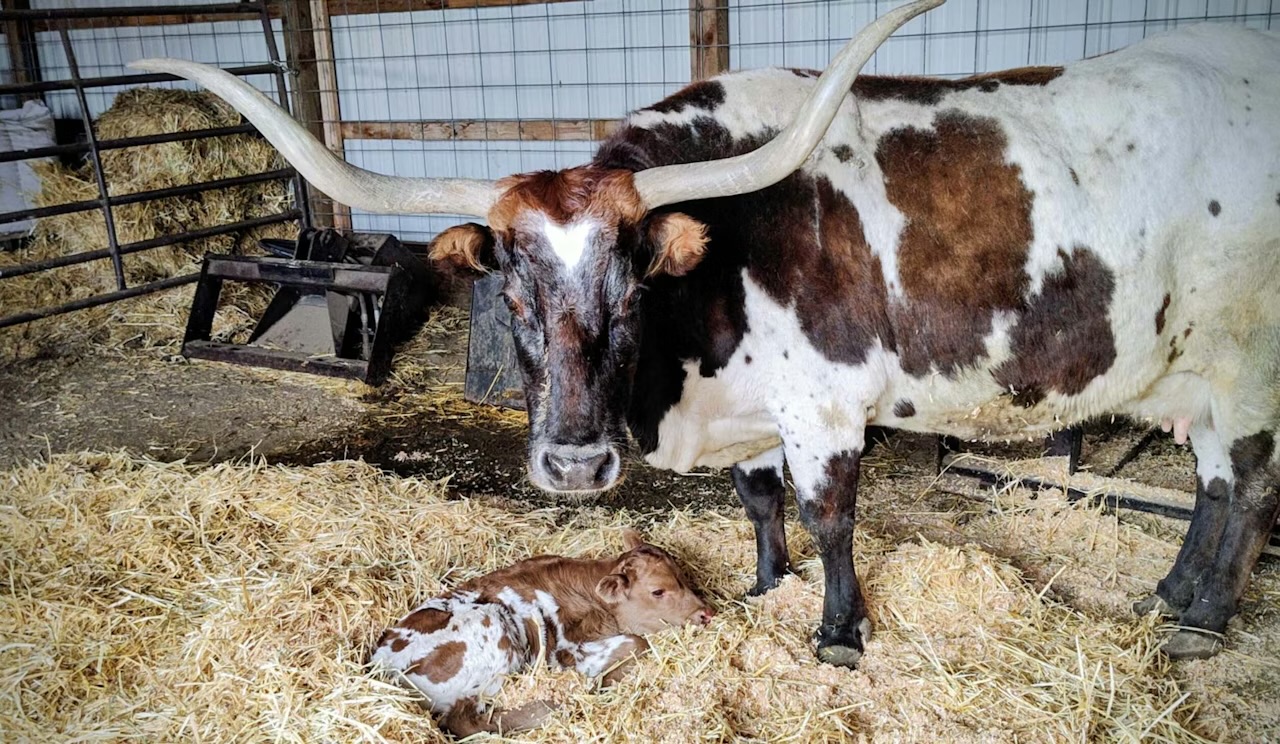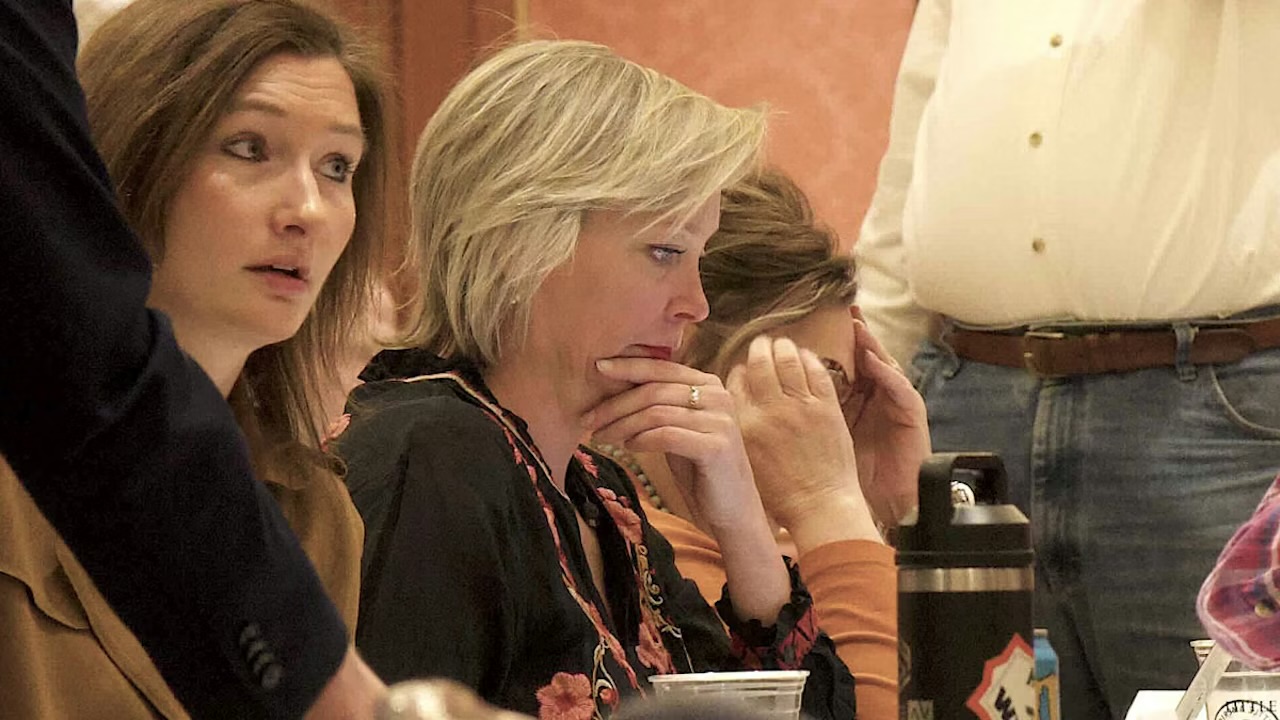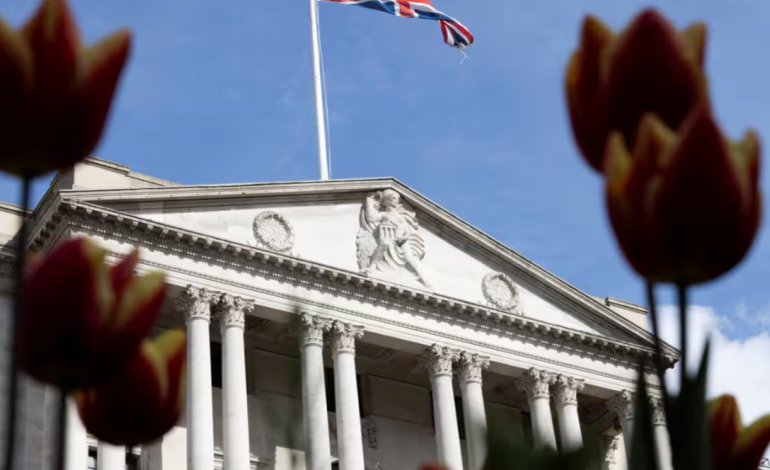Bank of England Governor Andrew Bailey has indicated that interest rates could be cut more aggressively if signs of weakness in the UK labor market persist.
Speaking to The Times, Bailey said he believed the overall direction for interest rates is downward, but emphasized that any moves would remain “gradual and careful.”
The central bank’s base rate currently stands at 4.25%, with the next policy review scheduled for August 7th. A cut is generally expected by economists, and new data has strengthened those predictions.
Bailey pointed to growing “slack” in the UK economy — a term used to describe underutilized economic resources such as unused labour or production capacity — which could help reduce inflation pressures.
“If we saw the slack opening up much more quickly, that would lead us to a different conclusion,” he added.
Bailey pointed out that a change in hiring and wage growth patterns after Chancellor Rachel Reeves’ decision to increase employers’ National Insurance contributions from 13.8% to 15% in April is a major factor in this slack. Businesses have cautioned that the increase may affect hiring decisions, despite the government’s expectation that it will generate £25 billion annually.
“There are consistent signs that firms are adjusting employment and hours, and also offering pay rises that are lower than they would have been without the NICs change,” Bailey said.
Recent data appears to support these concerns. The number of job vacancies fell to 736,000 in the three months to May — the lowest since 2021 — while the number of people available for work has increased sharply, according to a joint report by KPMG and the Recruitment and Employment Confederation.
Business leaders have also raised alarms. Ian McAllister, CEO of MAN Commercial Protection, said the rise in employer taxes has made hiring more difficult, describing the threat of recession as a growing concern. He welcomed the prospect of interest rate cuts as a potential relief.
Following Bailey’s comments, the pound dropped to a three-week low, trading 0.2% lower against the US dollar at $1.3467, reflecting market expectations of a looser monetary policy stance.
Interest rates have not changed since the Bank’s last meeting in June, after two cuts earlier this year. However, the UK economy has shown signs of strain, shrinking by 0.1% in both April and May, according to the Office for National Statistics. Weakness in manufacturing and retail sectors contributed to the declines.
Bailey’s latest remarks suggest that the Bank is prepared to act if economic conditions deteriorate further, even as inflation remains above its 2% target.
“Some people say, ‘Why are you cutting when inflation’s above target?'” he said. “But I really do believe the path is downward.”










The latest news in your social feeds
Subscribe to our social media platforms to stay tuned